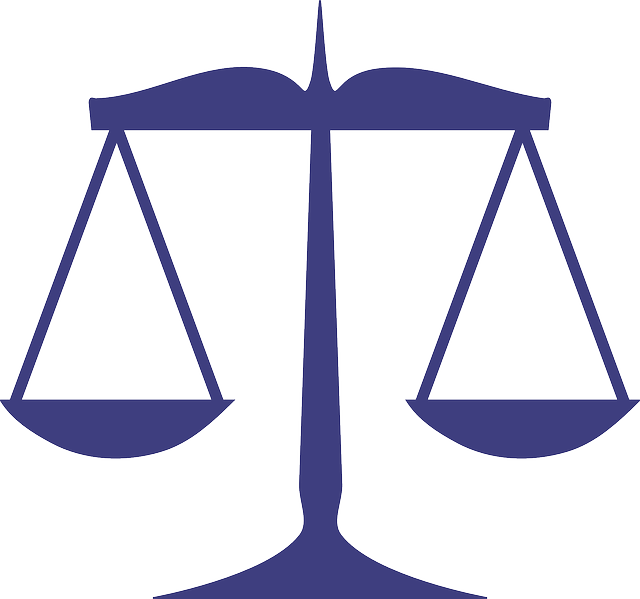Resolving Joint Property Ownership Conflicts is a complex challenge in white-collar defense cases, demanding a nuanced approach. Litigation Support Services are vital for navigating these complexities by providing expert analysis, evidence management, and strategic planning. They aid clients in documenting property history, analyzing financial records, and presenting clear cases, ultimately facilitating fair resolutions. These services use advanced technologies to streamline legal processes, offering specialized support from initial assessments to final verdicts, enhancing the chances of successful outcomes, including charge dismissals, in Resolving Joint Property Ownership Conflicts.
Litigation Support Services play a pivotal role in resolving complex Joint Property Ownership Conflicts, offering specialized assistance in navigating intricate legal landscapes. This article delves into the intricacies of these conflicts, highlighting the significance of understanding joint property rights and their potential complexities. We explore how professional litigation support can streamline dispute resolution, providing strategic insights for efficient handling. Through real-world case studies, we demonstrate the transformative power of these services in achieving successful outcomes, underscoring their value in today’s legal landscape.
- Understanding Joint Property Ownership and Its Complexities
- The Role of Litigation Support Services in Conflict Resolution
- Strategies for Efficiently Handling Joint Property Disputes
- Key Components of Effective Litigation Support Services
- Case Studies: Successful Dispute Resolutions Through Professional Assistance
Understanding Joint Property Ownership and Its Complexities

Joint property ownership can present significant complexities for both individuals and businesses involved in litigation, especially when disputes arise over asset distribution or control. This is particularly true in cases involving white-collar defense strategies where corporate and individual clients may have intertwined financial interests. Navigating these intricate matters requires a nuanced understanding of legal principles and the specific circumstances surrounding each case.
When resolving joint property ownership conflicts, it’s crucial to consider the intent behind the initial agreement, the nature of the relationship between the owners, and any subsequent changes or modifications made to the property. For his clients, an experienced litigation support service can provide invaluable assistance in gathering relevant documentation, analyzing financial records, and presenting a clear picture of the property’s history and current status. This comprehensive approach ensures a fair and just resolution, addressing the complexities inherent in joint ownership situations.
The Role of Litigation Support Services in Conflict Resolution

Litigation Support Services play a pivotal role in conflict resolution, especially in complex matters such as resolving joint property ownership conflicts. These services are designed to streamline legal processes and offer specialized assistance throughout the litigation journey. By employing advanced technologies and expert analysts, they ensure that all aspects of the dispute are meticulously examined, providing crucial insights that can lead to beneficial outcomes for clients involved in white-collar defense cases.
In many instances, the goal is to achieve extraordinary results, which includes strategies aimed at securing a complete dismissal of all charges. Litigation Support Services facilitate this by offering comprehensive evidence analysis, expert witness preparation, and case strategy development. Their role extends beyond mere support; they actively contribute to shaping legal arguments and presenting compelling cases, ultimately aiding in swift and just resolutions for all parties involved.
Strategies for Efficiently Handling Joint Property Disputes

When it comes to resolving joint property ownership conflicts, an efficient strategy is essential for all parties involved. The first step in handling such disputes involves a thorough understanding of the property’s history and current ownership status. This includes examining any prior agreements, purchases, or sales that may impact the claim. By compiling comprehensive documentation, legal professionals can navigate the complexities of joint property disputes effectively.
Moreover, engaging in early case assessment and strategic planning is crucial. Lawyers should identify key facts, analyze relevant laws, and determine the best approach for each unique situation. This proactive method allows for a more streamlined process, ensuring that all evidence is considered and legal arguments are robust. As these cases often progress to jury trials, having a solid strategy in place can significantly enhance the chances of securing winning challenging defense verdicts at every stage of the investigative and enforcement process.
Key Components of Effective Litigation Support Services

Effective litigation support services are pivotal in navigating complex legal matters, particularly when addressing intricate issues like resolving joint property ownership conflicts. These services play a crucial role in providing comprehensive assistance throughout the entire process, from initial case assessment to final verdict. Professional support ensures that all relevant evidence is meticulously gathered and analyzed, enabling robust strategies for both settlement negotiations and, where necessary, jury trials.
A winning challenging defense verdict often hinges on meticulous investigative work and strategic enforcement process management. Expert litigation support facilitates this by offering crucial insights into the strengths and weaknesses of a case, helping legal teams to build compelling arguments. Whether it’s gathering documents, conducting interviews, or analyzing financial records, these services ensure that no stone is left unturned in preparing for every stage of a trial, from pretrial motions to cross-examination.
Case Studies: Successful Dispute Resolutions Through Professional Assistance

In today’s complex legal landscape, access to expert guidance can significantly influence the outcome of disputes. Case studies highlight the success of professional litigation support services in resolving intricate joint property ownership conflicts. By employing specialized knowledge and resources, these services facilitate every aspect of the investigative and enforcement process, ensuring a comprehensive understanding of the law and its application.
Through meticulous research and analysis, they help clients navigate the challenges of joint property ownership, ultimately achieving extraordinary results. This professional assistance not only saves time and legal costs but also averts potential mistakes that could lead to indictment. By leveraging their expertise, individuals involved in such disputes can focus on finding amicable solutions or preparing for robust legal representation, thereby enhancing their chances of a favorable outcome.
Litigation Support Services play a pivotal role in navigating the complexities of joint property ownership disputes. By employing strategic approaches and key components outlined in this article, individuals and legal professionals can efficiently resolve these conflicts. Case studies demonstrate that professional assistance is a testament to the successful transformation of contentious situations into harmonious resolutions, emphasizing the importance of seeking expert help when it comes to resolving joint property ownership conflicts.






